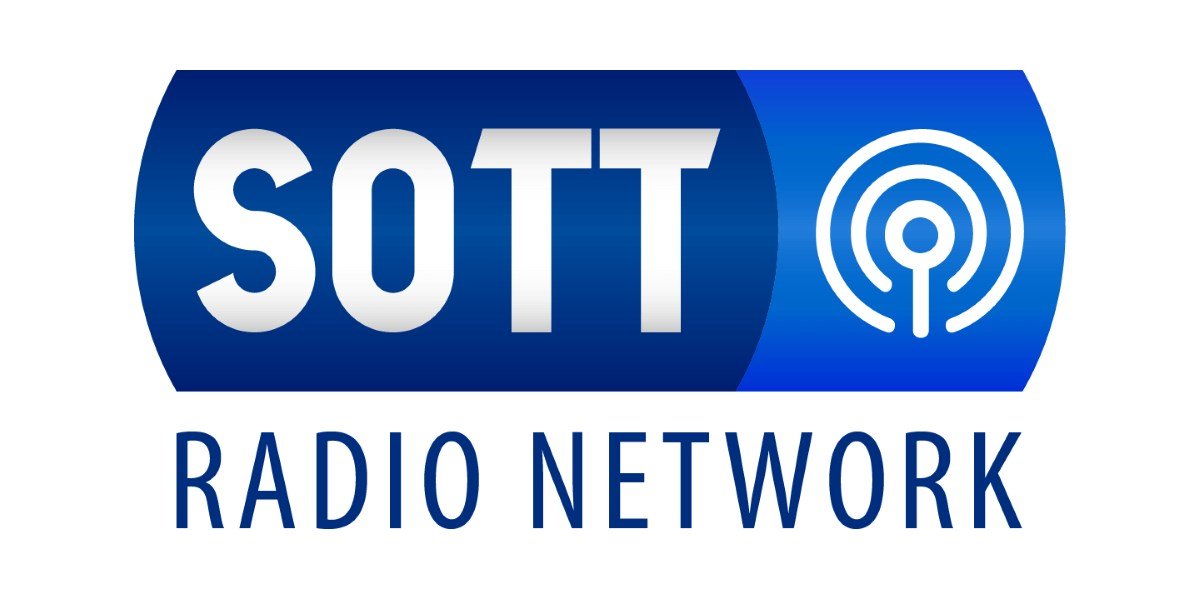
© UnknownBacklash against the Brotherhood. Despite the Muslim Brotherhood's political success, it represents a violent, loud, minority that is quietly opposed by the vast majority of not only Egyptians, but Arabs across North Africa and the Middle East. Its high level of organization, immense funding provided by Saudi Arabia, Qatar, and even the West, including Israel, allows it to perpetuate itself in spite of its unpopularity, while its violent tactics allow it to challenge dissent.
The Obama Administration has been pursuing a policy of
covert support for the Muslim Brotherhood and other insurgent movements in the Middle East since 2010. MEB has obtained a just-released U.S. State Department document through a Freedom of Information Act lawsuit that confirms the Obama Administration's pro-active campaign for regime change throughout the Middle East and North Africa region.
The October 22, 2010 document, titled "Middle East Partnership Initiative: Overview," spells out
an elaborate structure of State Department programs aimed at directly building "civil society" organizations, particularly non-governmental organizations (NGOs), to alter the internal politics of the targeted countries in favor of U.S. foreign policy and national security objectives.The five-page document, while using diplomatic language, makes clear that the goal is promoting and steering political change in the targeted countries: "The Middle East Partnership Initiative (MEPI) is a regional program that empowers citizens in the Middle East and North Africa
to develop more pluralistic, participatory, and prosperous societies. As the figures in this overview illustrate, MEPI has evolved from its origins in 2002 into a flexible, region-wide tool for direct support to indigenous civil society that mainstreams that support into the daily business of USG diplomacy in the region. MEPI engages all the countries of the NEA region except Iran. In the seven of NEA's eighteen countries and territories with USAID missions, country-level discussions and communication between MEPI and USAID in Washington ensure that programming efforts are integrated and complementary."
In a section of the document titled "How MEPI Works," three core elements of the program were spelled out:
region-wide and multi-country programming, local grants, and country-specific projects. The objectives of the region-wide and multi-country programming were described as: "builds networks of reformers to learn from and support one another, and to catalyze progressive change in the region." The local grants "provide direct support to indigenous civic groups, and now represent more than half of MEPI's projects." Under the country-specific aspect of the program, designated officers of the U.S. embassies manage the funding and work as direct liaisons to the various funded local NGOs and other civil society groups. The "country-specific projects" are tasked "to respond to local developments and local needs, as identified by our embassies, local reformers, and our own field analysis. Political developments in a country may produce new opportunities or challenges for USG policy goals, and MEPI will shift funds to respond to these needs."














Comment: Rejoice! Clinton's points are falling. Repent! Bush's are rising. As one RT commenter put it, "Poor americans. They can only choose between plague and cholera." We couldn't agree more!